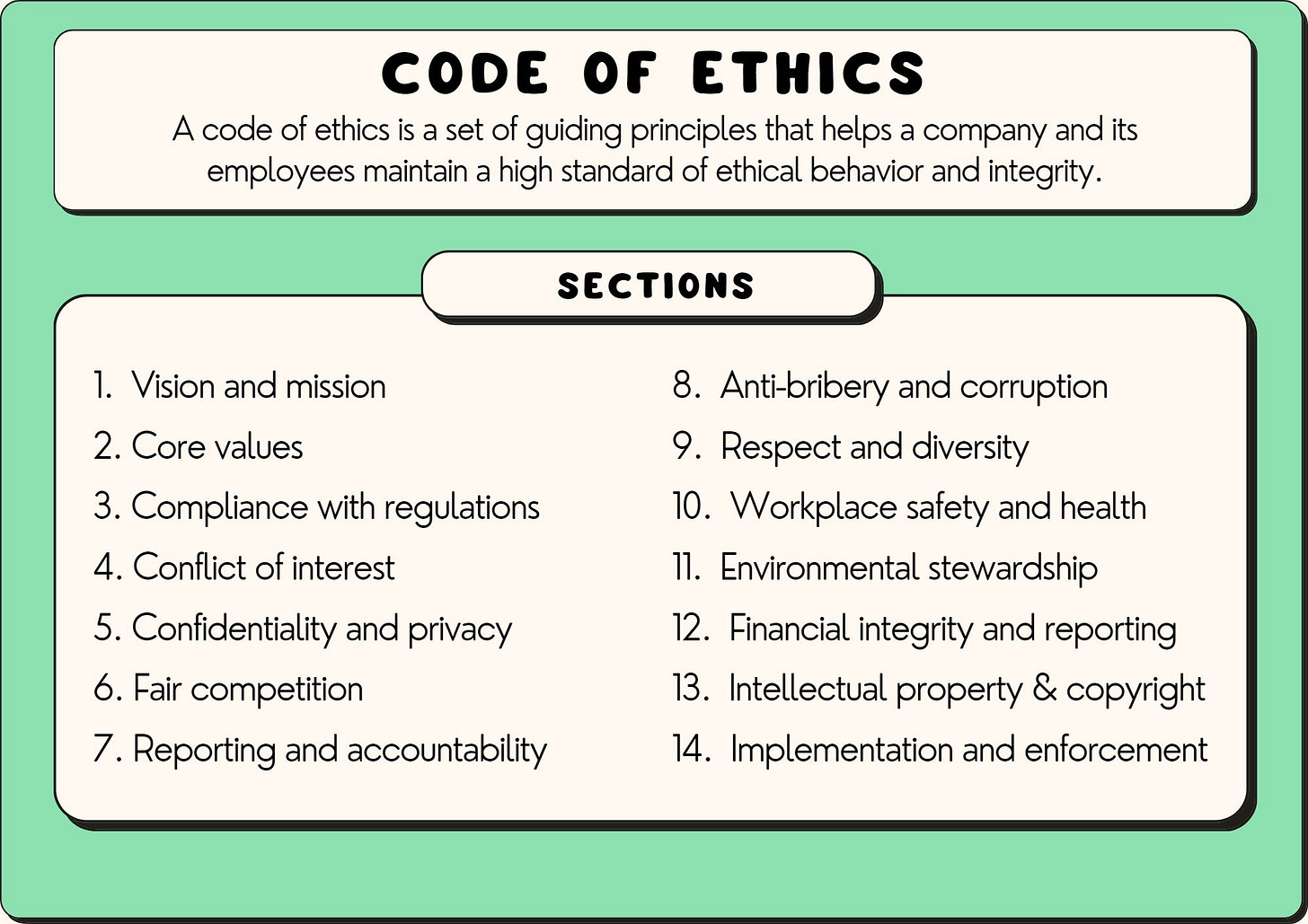The Importance of a Strong Code of Conduct in Software Development: Fostering Collaboration, Ethics, and Quality
Maintaining a good code of conduct while developing software is vital for fostering a productive, collaborative, and respectful environment that supports high-quality work. A strong code of conduct sets a foundation for ethics, professionalism, and collaboration. It not only promotes integrity but also helps avoid misunderstandings, encourages open communication, and provides clear guidelines on expected behaviors within the development community. Here are several reasons why a good code of conduct is essential:
1. Promotes Inclusivity and Collaboration
A positive code of conduct encourages inclusivity by creating a welcoming environment for people from diverse backgrounds, which is essential in today’s global and interconnected development community. By clearly defining expectations for respectful communication and collaboration, team members feel more comfortable sharing ideas and giving constructive feedback, which enhances problem-solving and innovation.
2. Encourages Professionalism and Accountability
Codes of conduct emphasize professionalism, ensuring that developers treat each other, stakeholders, and end-users with respect. This fosters accountability, where developers are mindful of the impact of their code and conduct on others. Professionalism helps reduce unproductive conflict, minimizes errors due to careless behavior, and fosters a culture of trust where team members can depend on each other’s commitment to high standards.
3. Facilitates Clear Communication
Good conduct in coding teams often requires clear, constructive communication. This involves respecting deadlines, being transparent about challenges, and actively listening to others. When communication is open and effective, misunderstandings are minimized, and the team can efficiently address issues or changes that arise, ultimately improving project outcomes and timelines.
4. Enhances Code Quality and Maintainability
Respectful and collaborative environments contribute to better code quality because team members are more likely to share insights, provide feedback, and adhere to best practices without fear of criticism. By fostering a positive atmosphere, a code of conduct encourages developers to contribute their best work, enhancing the maintainability and readability of codebases.
5. Reduces Turnover and Burnout
Toxic work environments, where respect is lacking and contributions are devalued, can lead to high turnover and burnout among developers. With a solid code of conduct, developers are more likely to feel valued and satisfied with their work, which leads to higher retention rates and reduces the disruptive cycle of frequent onboarding and offboarding.
Recommended Books on Code of Conduct and Ethics in Software Development
To dive deeper into the principles of ethical software development, professionalism, and team collaboration, several books provide valuable insights:
- "Clean Code: A Handbook of Agile Software Craftsmanship" by Robert C. Martin
This book covers best practices for writing clean, maintainable code, with an emphasis on professionalism and craftsmanship. Martin discusses principles that indirectly relate to a code of conduct, such as respect for the codebase, responsibility to the team, and commitment to quality.
- "The Pragmatic Programmer: Your Journey to Mastery" by Andrew Hunt and David Thomas
This classic book focuses on pragmatic approaches to problem-solving and professional development. The authors discuss the importance of communication, transparency, and continuous improvement—all of which are critical to maintaining a respectful and collaborative work environment.
- "Code Complete" by Steve McConnell
McConnell’s book is a comprehensive guide to software construction that emphasizes the importance of quality and thoughtful, ethical coding practices. The book delves into code design, documentation, and refactoring, which encourage developers to be considerate of future maintainers and collaborators.
- "Ethics in Information Technology" by George W. Reynolds
Although broader than coding practices alone, this book provides a well-rounded understanding of ethics in technology, with an emphasis on responsible decision-making, respect for users, and integrity in information systems.
- "Team Geek: A Software Developer's Guide to Working Well with Others" by Ben Collins-Sussman, Brian W. Fitzpatrick, and Chris DiBona
This book focuses on the interpersonal side of software development, covering topics like team dynamics, communication, and leadership. The authors emphasize that working well with others is just as important as technical skills, making it a great resource for understanding the importance of a respectful and collaborative code of conduct.
In summary, a good code of conduct supports the success of software projects by promoting a healthy work environment, maintaining high ethical standards, and enabling collaboration and accountability. Whether you’re a seasoned developer or a newcomer, understanding and embracing these principles will enhance both your career and the quality of your contributions to any project.


